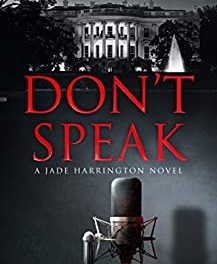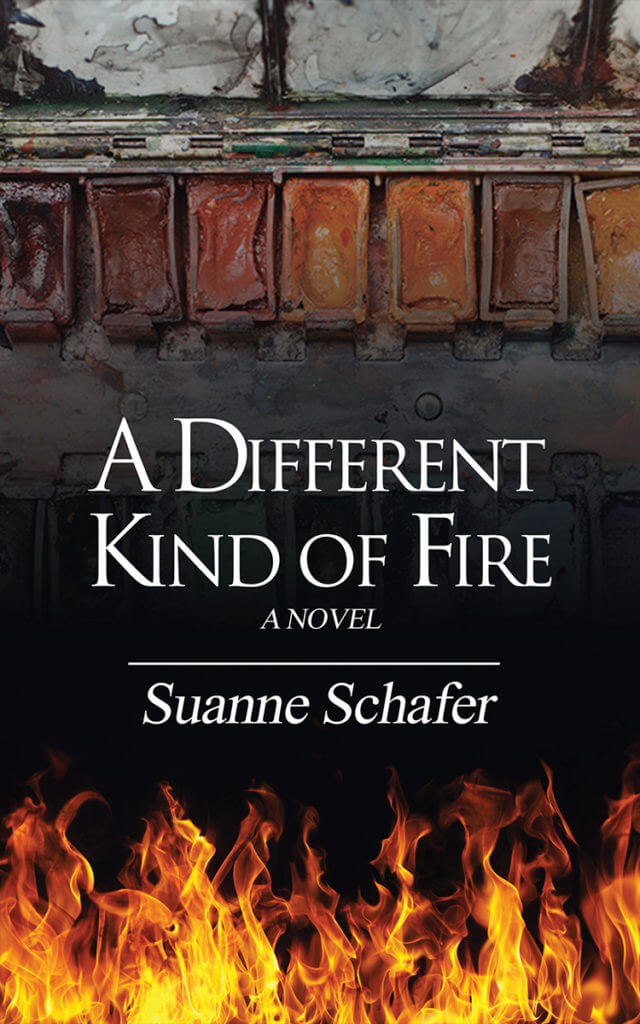In the City by the Lake, Viktor, a half-Jewish Russian emigre, lives a life of quiet desperation as a low-grade mobster in Chicago from 1929 to 1938. Raised in an all-male family (his mother died birthing him), his Weltanschauung is skewed. He’s a tortured character knowing he is a gay male in a family of manly men. He lives in the closet, misanthropic and misogynic, certain of the reception his family would have if they learned of his inclinations. He always feels that he is merely realistic—rather than fatalistic—and that if he ever found someone to love, he wouldn’t deserve it anyway.
Chicago provides a bleak backdrop that echoes Vik’s personality. During Prohibition, he is financially doing okay, at least able to set some money aside, as he arranges deliveries of alcohol to Towertown, the gay section of the city. Here he meets Cal. Effervescent Cal, is so much Vik’s opposite that he feels the man is unattainable. When these two finally allow themselves to love each other, the
Saracen’s world-building is superlative; her story is overlaid by the last of the Roaring Twenties, prohibition, the Stock Market crash, the rise of Nazism in Europe. As the United States recovers from the Great Depression, newspapers circulate story after story blaming homosexuals (the Pansy Craze) for the downward spiral of the economy. Parts of this book are difficult to read because of man’s inhumanity to his queer fellow men.
In the City by the Lake is a gorgeous character study of a man coming to terms with himself and a romance that is poignant enough to bring me to tears. There are no overt sex acts here, but the sensuality is over-the-top, the emotionality is genuine. Their dialogue is appropriate, their voices laced with slang of the time. Vik constantly tries to fathom his own struggles while coping with broader societal issues.
********************
In the City by the Lake is available through: Amazon | B&N













